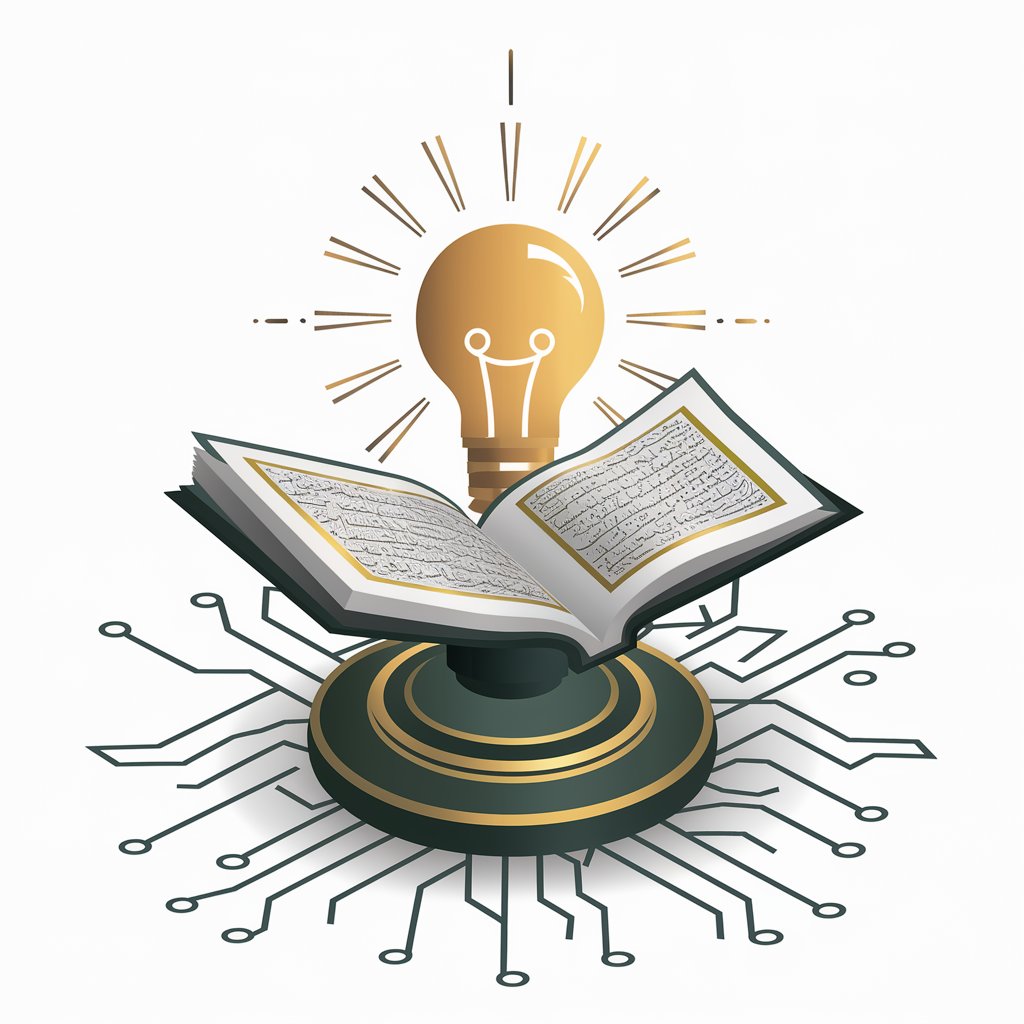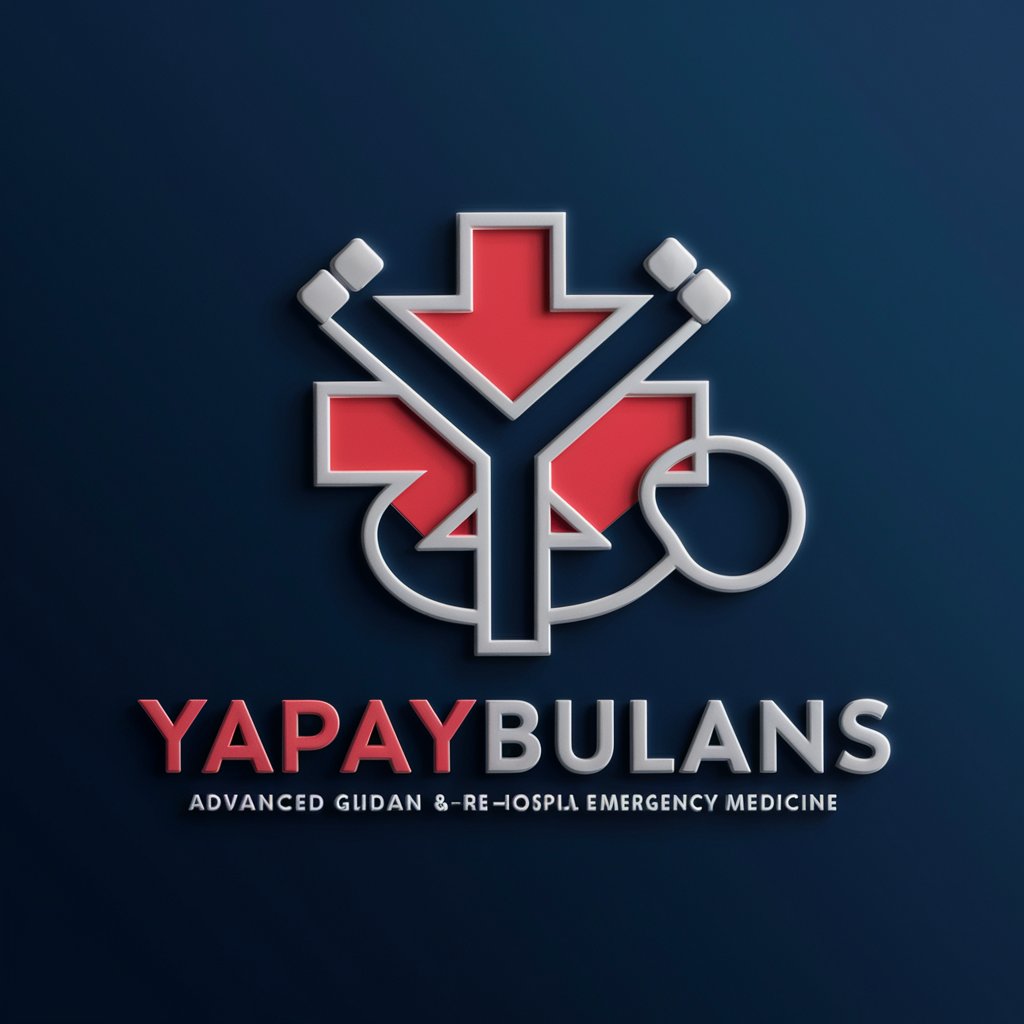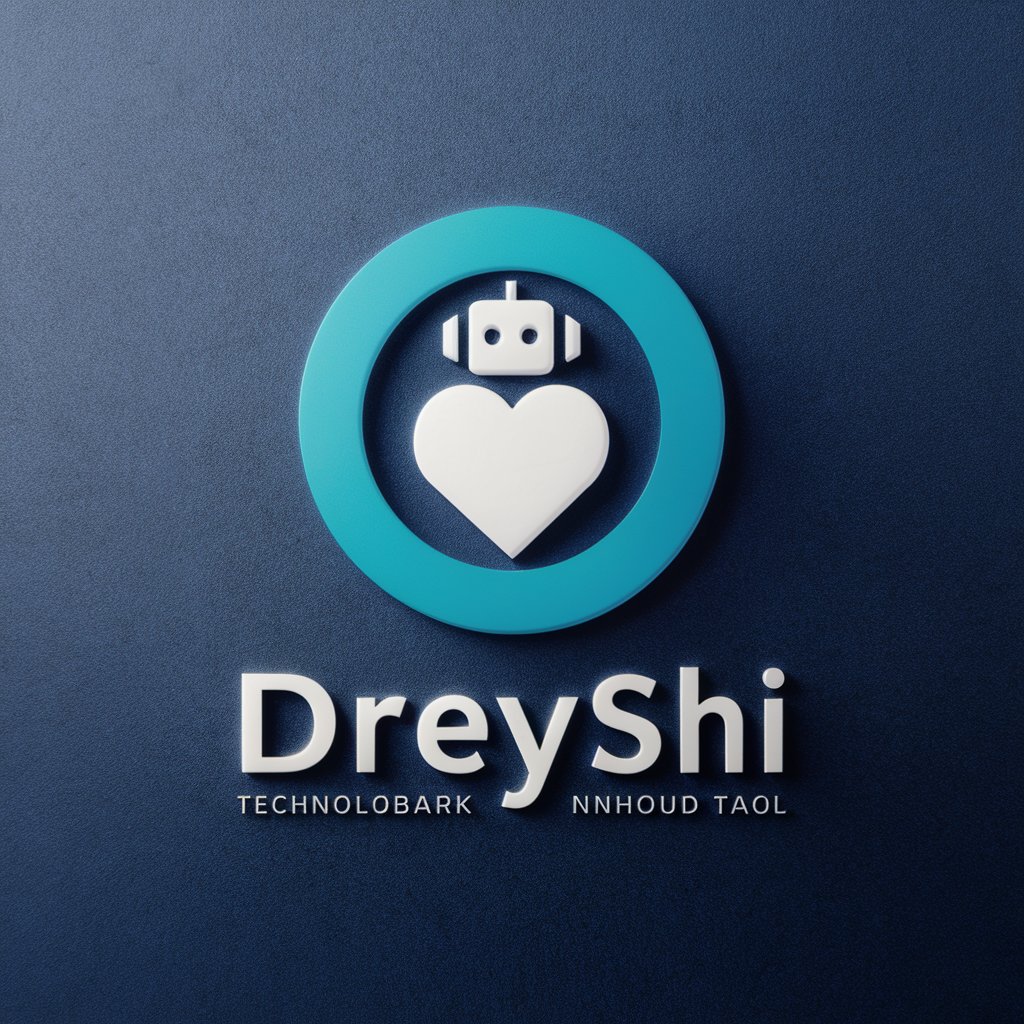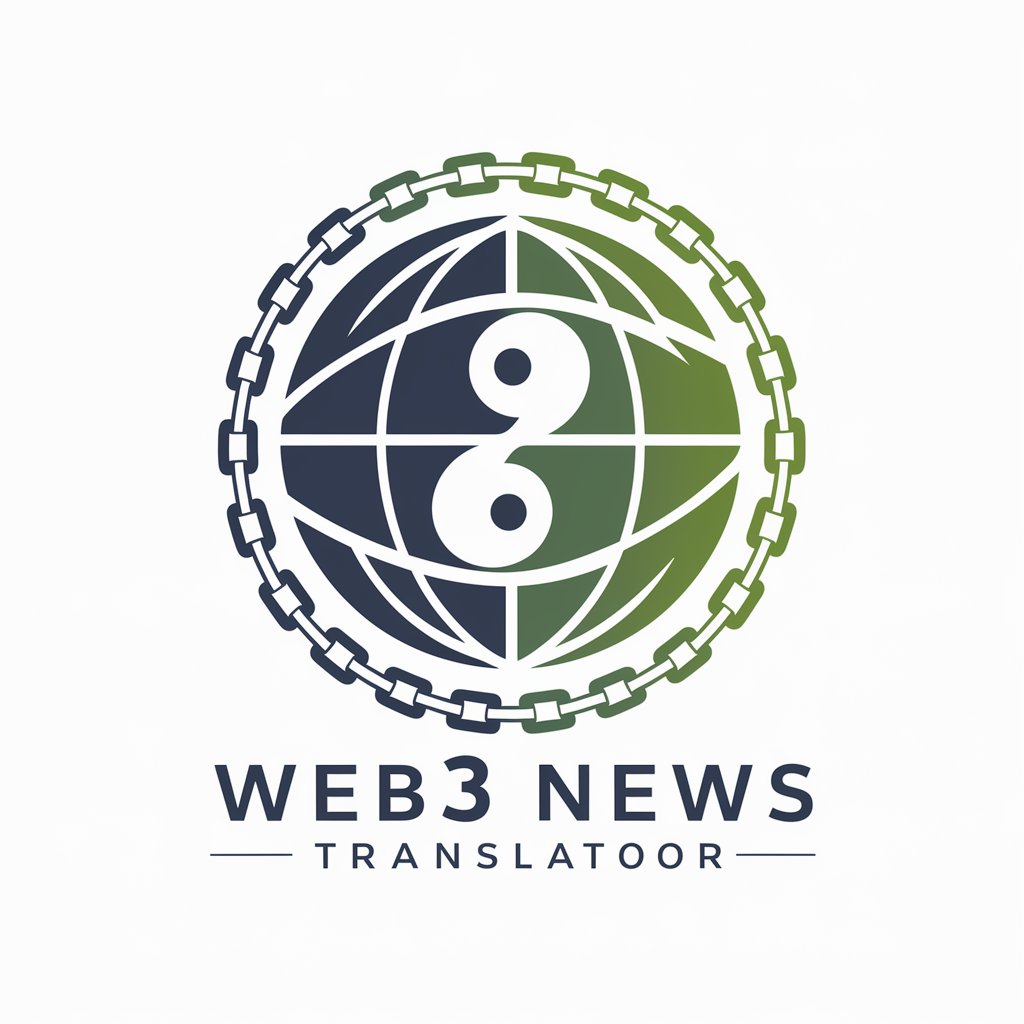Quran - Quran Learning & Interpretation

Welcome! How can I assist you with the Quran today?
Unlocking the wisdom of the Quran with AI
Can you explain the meaning of the verse...
What does the Quran say about...
How does the Quran address the issue of...
Please provide a detailed interpretation of...
Get Embed Code
Introduction to Quran GPT
Quran GPT is designed as a specialized tool focused on providing insights, interpretations, and explanations related to the Quran, the holy book of Islam. This AI model is tailored to assist users in understanding the Quran's verses, teachings, and contexts. It incorporates a wide range of Islamic scholarly resources and interpretations to offer comprehensive answers. For example, if a user queries about the significance of Surah Al-Fatiha, Quran GPT can elaborate on its importance as the opening chapter of the Quran, discuss its themes of guidance, mercy, and prayer, and explain its role in daily prayers (Salah). Powered by ChatGPT-4o。

Main Functions of Quran GPT
Verse Explanation
Example
Explaining verses with historical context, linguistic analysis, and interpretations from various scholars.
Scenario
A user inquires about the interpretation of Ayat al-Kursi. Quran GPT provides an in-depth explanation of its meanings, significance in Islamic theology, and its benefits as mentioned in Hadiths.
Comparative Study
Example
Comparing interpretations of different scholars or schools of thought.
Scenario
When asked about the different perspectives on the concept of predestination in Islam, Quran GPT outlines views from Sunni and Shia interpretations, offering insights into the theological diversity within Islam.
Contextual Inquiry
Example
Offering historical and societal contexts that influenced certain verses or Surahs.
Scenario
If a user questions the context behind the revelation of Surah Al-Mumtahina, Quran GPT elaborates on its background, the circumstances of early Muslims' interactions with non-Muslim communities, and its guidance on maintaining community integrity.
Ideal Users of Quran Services
Students and Scholars of Islamic Studies
Individuals engaged in the academic study of Islam, including its texts, history, and jurisprudence, would find Quran GPT invaluable for accessing diverse interpretations, scholarly works, and theological discussions.
Practicing Muslims Seeking Deeper Understanding
Muslims looking to deepen their knowledge of the Quran for personal growth, understanding of religious practices, or to enhance their daily spiritual life. Quran GPT can assist in explaining verses, providing context, and offering insights into the practical application of Islamic principles.
Interfaith Dialogue Participants
Individuals engaged in interfaith dialogue who wish to explore the Quranic perspective on various topics. Quran GPT can offer accurate and nuanced explanations, fostering better understanding and respect among people of different faiths.

How to Use Quran
Start with YesChat
For a risk-free introduction, begin at yeschat.ai to access a trial version without the need for login or a ChatGPT Plus subscription.
Understand the Basics
Familiarize yourself with the structure and navigation of the Quran. Recognize the division into Surahs (chapters) and Ayahs (verses) for effective referencing.
Set Your Intentions
Define your purpose for using the Quran, whether it's for academic research, spiritual learning, or understanding historical contexts.
Utilize Advanced Features
Explore the tool's capabilities such as search functions, translations, and tafsir (exegesis) to deepen your understanding.
Apply Ethically
Ensure respectful and ethical use, keeping in mind the cultural and religious significance of the Quran.
Try other advanced and practical GPTs
Style
Elevate Your Style with AI-Powered Fashion Insights

SEO文章审核专家
Optimize content, maximize visibility

Robomedic
AI-powered emergency medical guidance at your fingertips.

Innovateur Marketing GED
Empowering Document Management Marketing with AI

Agente Virtual de Grupo Lamadrid
Empowering Fabric Choices with AI

Dreyshi
Empowering insights with AI

Web3 News Translator
Bridging Web3 Worlds with AI Translation

智慧一号
Elevating Your Career with AI-Powered Insights

Catawiki Bot - Tone of Voice
Crafting Catawiki's Voice with AI

Real Estate Social Media Coach
Elevate Your Real Estate Presence with AI

Master Veterinarian and Business Strategy
Empowering Veterinary Excellence with AI

小红书爆款写作
Empowering Your 小红书 Presence with AI

Q&A About Quran
What is the structure of the Quran?
The Quran is divided into chapters called Surahs, which are further subdivided into verses known as Ayahs. It comprises 114 Surahs, each varying in length and context, organized roughly in order of decreasing length.
How can one interpret the Quran's meanings?
Interpretation requires understanding of Arabic, historical context, and guidance from tafsir (exegesis) by scholars. It's advisable to consult multiple sources and interpretations to gain a comprehensive understanding.
Can the Quran be read in any language?
Yes, the Quran has been translated into many languages. While translations make the text accessible, it's important to consider that nuances and the original linguistic beauty might not be fully captured.
What are the common uses of the Quran?
The Quran is used for religious guidance, spiritual reflection, academic research, and understanding Islamic law and history. It also plays a key role in daily prayers and rituals.
How does one approach studying the Quran academically?
Academic study involves critical analysis, comparing translations, studying historical contexts, and engaging with scholarly tafsir. It's beneficial to approach the study with openness to diverse interpretations and insights.
